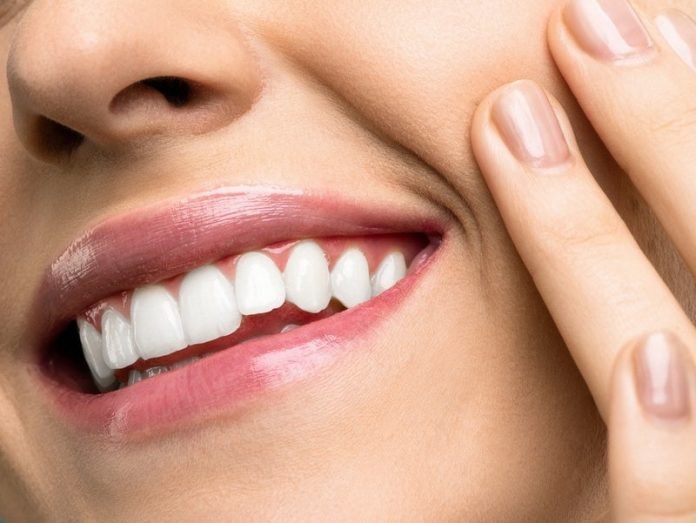
In a new study, researchers found people with bad gum health might be at higher risk of developing certain types of cancer.
A history of gum disease appears to increase the risk of stomach cancer by 52% and throat cancer by 43%.
People who’d lost two or more teeth also had an increased risk of cancer—33% for stomach cancer and 42% for throat cancer—compared with people who never lost a tooth.
The finding shows people with periodontal disease and a higher number of teeth lost had a higher risk of developing the two gastrointestinal cancers, even after adjusting for other major risk factors.
The research was conducted by a team at the Harvard T.H. Chan School of Public Health in Boston.
In the United States, nearly half of adults aged 30 and older have gum disease, according to the U.S. Centers for Disease Control and Prevention.
In the study, the researchers analyzed health data gathered from tens of thousands of health professionals during two long-term studies—including over 98,000 women in the Nurses’ Health Study and over 49,000 men in the Health Professionals Follow-Up Study.
During 22 to 28 years of follow-up, participants developed 199 cases of throat cancer and 238 cases of stomach cancer.
Overall, people with any history of gum disease had a 59% increased risk of throat cancer compared with people who’d never had periodontal disease, regardless of whether they’d lost teeth or not.
There was some difference when looking at stomach cancer. People with gum disease who lost no teeth had a 50% increased risk of stomach cancer, while those who’d lost one or more teeth had a 68% increased risk.
The team says the mouth, esophagus, and stomach are all connected and they’re important components of the digestive system.
It’s not surprising to see that a marker for the illness of one organ is connected to another illness, such as cancer, further down the gastrointestinal tract.
The team says the inflammation caused by gum disease might be one factor that increases cancer risk.
People with the periodontal disease tend to have higher systemic inflammation, which is one of the underlying mechanisms of cancer development.
It’s also possible that bad oral health promotes the growth of bacteria in the mouth and gums that could contribute to cancer.
It seems that some of the same bacteria and related pathogens that lead to tooth loss and gum disease are also associated with tumors in the stomach and esophagus.
The cancer risk related to gum disease in this study was independent of tobacco use, which means that smokers with poor oral health might face an even higher risk of these gastrointestinal cancers.
And it’s possible that the longer people have bad gums, the more likely their cancer risk will increase.
If you have a history of bad gums and want to reduce your potential cancer risk, the team recommends seeing a dentist regularly, taking good care of your oral health, learning the signs and symptoms of cancer, and undergoing all age-appropriate cancer screenings.
One author of the study is Mingyang Song.
The study is published in Gut.
Copyright © 2020 Knowridge Science Report. All rights reserved.



